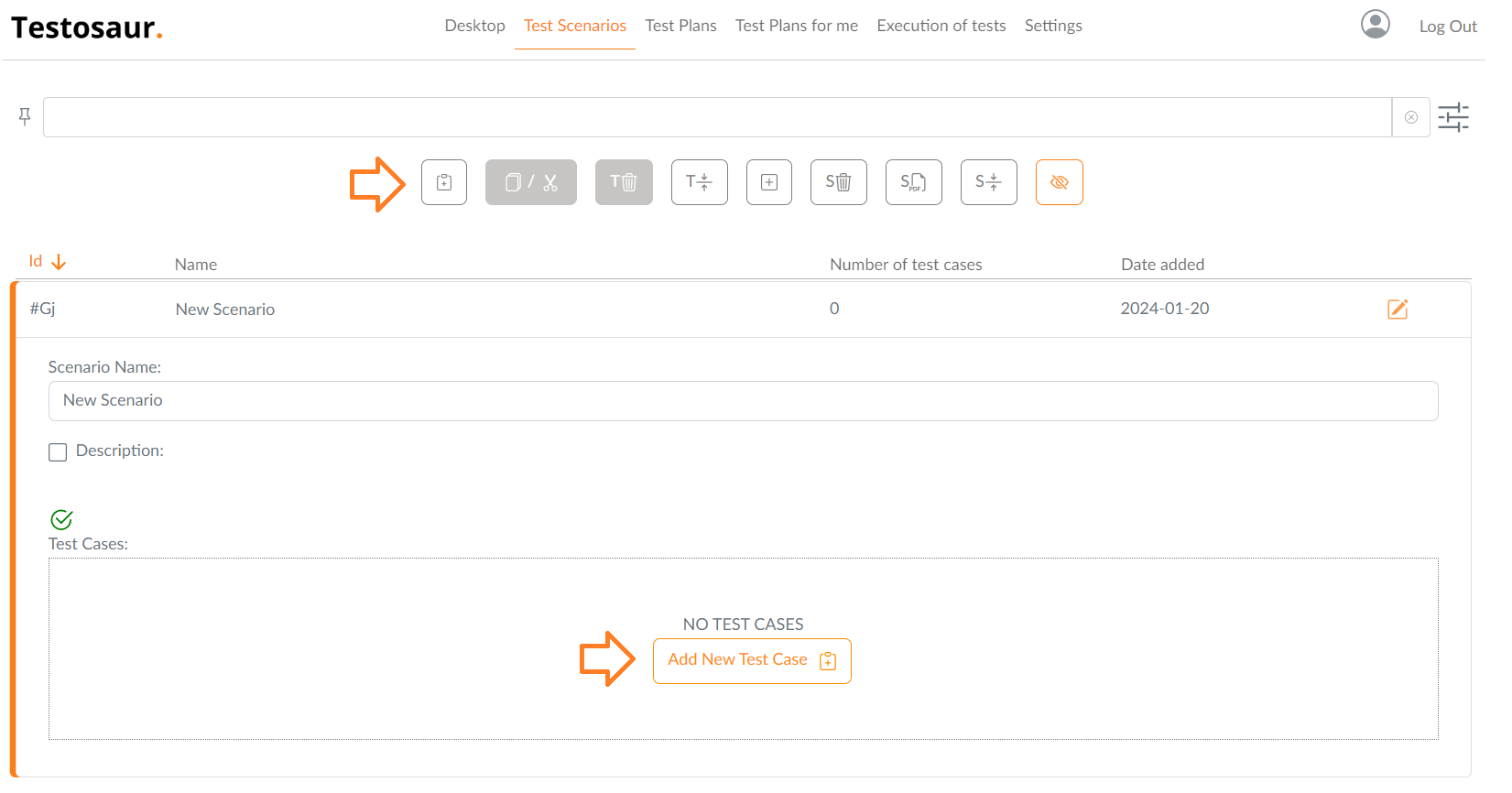Test Case
Software testing is integral to the software development life cycle, ensuring that applications meet the required quality standards and function as expected. Test cases and test scenarios are fundamental components of the testing process, serving distinct purposes in identifying and resolving defects. We will delve into the definitions of test cases and test scenarios, highlight their differences, and explore their significance in the software testing domain.
What is test case?
A test case is a detailed set of instructions or steps that specify the inputs, actions, and expected outcomes to validate a specific functionality or behavior of a software application. Each test case is designed to address the application's particular requirement or use case. Test cases are often written in a structured format, allowing testers to execute them systematically and consistently.
Key characteristics of a test case include:
- Test Identifier: A unique identifier that helps track and manage the test case.
- Test Objective: The purpose or goal of the test case, outlining what is being tested.
- Preconditions: Any specific conditions or states that must be fulfilled before executing the test.
- Test Steps: A sequence of steps that describe the actions to be performed during the test.
- Test Data: The inputs or data required to execute the test case effectively.
- Expected Result: The anticipated outcome or behavior that the application should exhibit after the test is executed.
- Actual Result: The observed outcome or behavior during the test execution.
How to Add a Test Case in Testosaur?

Adding a test case in Testosaur is simple. Follow these steps to define the test case ID, objectives, steps, and expected outcomes.
Main difference between Test Cases and Test Scenarios:
The main difference between test cases and test scenarios lies in their scope and level of detail. Test cases are granular and focus on verifying specific functionalities or components, while test scenarios are broader and aim to assess end-to-end application behavior. Test cases are the building blocks of test scenarios, contributing to comprehensive test coverage across the application.
Both test cases and test scenarios are essential elements of a robust testing strategy. Test cases ensure thorough testing of individual features, helping identify defects and validating requirements. On the other hand, test scenarios validate the application's overall functionality and user experience, reflecting real-world usage scenarios.
Effective test case design ensures that every aspect of the application is rigorously tested, improving the quality and reliability of the software. Test scenarios, by encompassing multiple test cases, simulate user journeys, thereby addressing complex interactions and integration between different modules.
In conclusion, test cases and test scenarios are vital components of software testing that contribute to the overall quality of the application. Test cases provide a detailed and systematic approach to verify individual functionalities, while test scenarios assess end-to-end application behavior. Both aspects are crucial for ensuring that the software meets user expectations, functions as intended, and delivers a seamless user experience. By employing a well-structured combination of test cases and test scenarios, software development teams can detect and rectify defects early in the development process, ultimately resulting in a successful and reliable software product.
Find more about Test Scenarios.
Don't have an account yet?
Try it for free